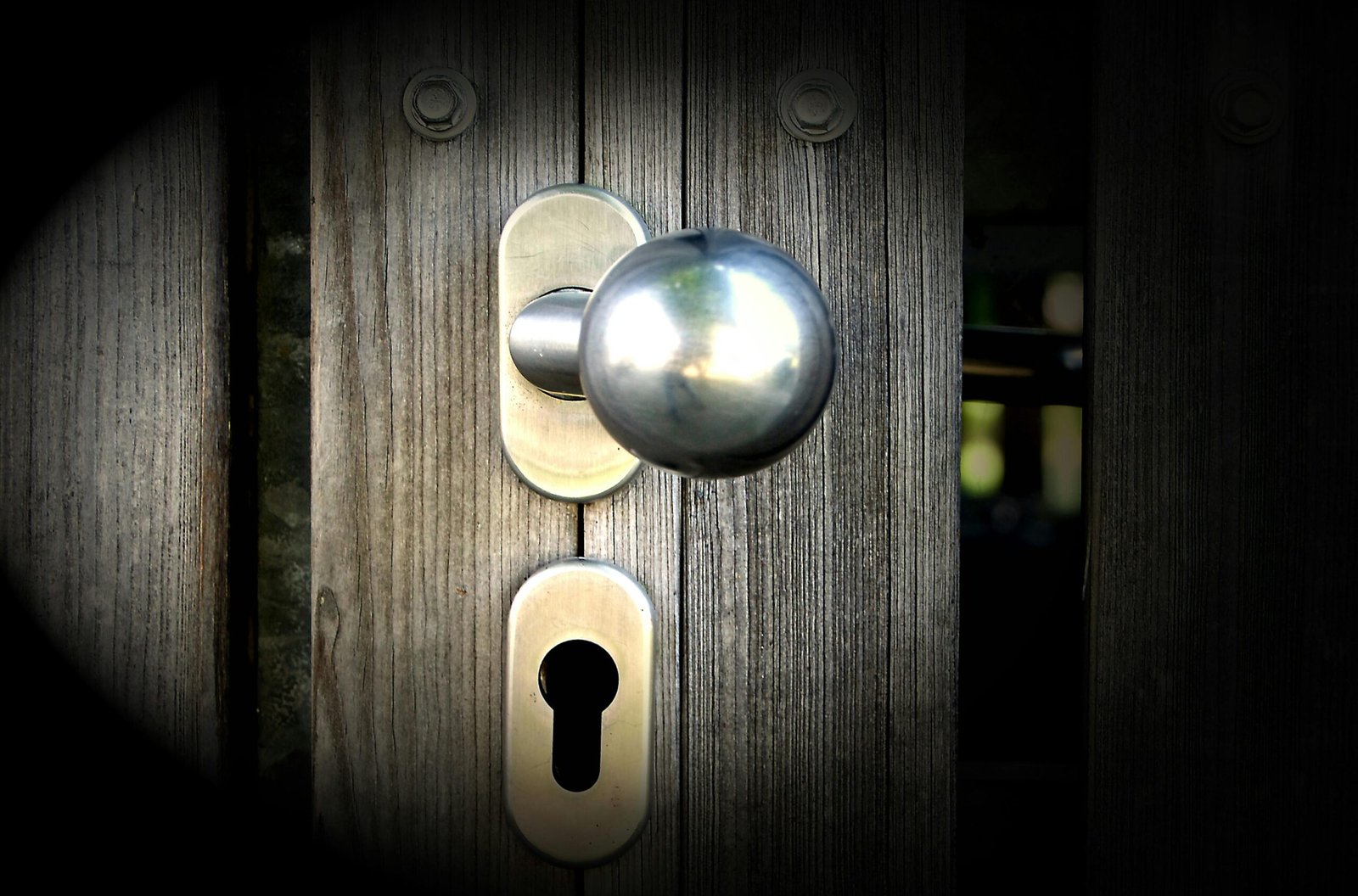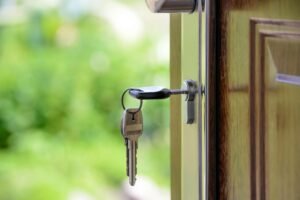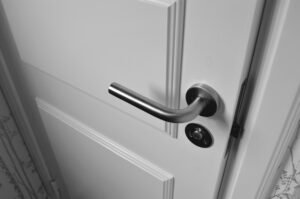When to Upgrade Your Home Security Locks
Your home is your sanctuary, and keeping it safe begins with secure and reliable locks. While many people invest in alarms or CCTV, it is easy to forget that the most basic layer of protection is the quality of the locks on your doors. Like any mechanism, locks age, wear down, and can become outdated. Knowing when to upgrade them is crucial if you want to maintain strong security and peace of mind.
Why Upgrading Locks Matters
Locks are not designed to last forever. Everyday use gradually weakens them, while exposure to weather conditions such as rain, frost, and humidity can cause corrosion or stiffness. In addition, methods used by burglars are constantly evolving, meaning that a lock considered highly secure ten years ago may now be vulnerable to picking, snapping, or drilling. Upgrading your locks restores their effectiveness, keeps pace with modern standards, and, in many cases, gives you access to the latest security features such as smart entry systems.
Recognising Worn or Damaged Locks
One of the clearest signs that it is time for an upgrade is when your locks no longer function smoothly. If you struggle to turn the key, notice rust, or find the mechanism sticking regularly, it is a signal that the lock is wearing out. A faulty lock does not only create frustration when entering or leaving your home, but it also presents an opportunity for intruders to exploit a weakness. Replacing worn or damaged locks ensures that you can rely on them to work properly when you need them most.
Acting After Lost Keys or Security Breaches
Losing a set of keys immediately reduces the security of your home. Even if you believe the keys are gone for good, there is always a risk that they could fall into the wrong hands. In such cases, re-keying or replacing the lock is a sensible precaution. The same applies after a burglary or even an attempted break-in. Intruders may damage the lock during their attempt, and you cannot be certain whether they have managed to make copies of your keys. Upgrading the locks at this stage not only strengthens your doors but also helps restore peace of mind after an unsettling experience.
Moving Into a New Property
Another important moment to consider new locks is when you move into a new house or flat. You can never be entirely sure how many copies of the keys have been made by previous occupants, landlords, tradespeople, or even neighbours. Replacing the locks as soon as you move in ensures that you and your family are the only ones with access to your home. It is a simple step that many overlook, but it can make all the difference to your sense of safety.
Outdated Locks and Security Standards
Even if your locks appear to be functioning well, they may not meet today’s recommended standards. In the United Kingdom, for example, external door locks should ideally meet the BS3621 certification, which many insurers require for a valid home insurance policy. Older locks without this rating could leave your home vulnerable and, in some cases, could even affect the success of an insurance claim. In addition, outdated locks are often more susceptible to techniques such as lock snapping, which has become a common method of forced entry. By upgrading to modern high-security locks, you reduce these risks significantly.
The Rise of Smart Lock Technology
In recent years, smart locks have become increasingly popular, offering homeowners a blend of security and convenience. These locks can provide keyless entry via codes, fingerprints, or smartphone apps. Some models allow remote access, meaning you can lock or unlock your door from anywhere, while others provide activity logs so you know exactly who has entered and when. For busy households, or for those who rent out part of their property, these features can be invaluable. However, when choosing a smart lock, it is wise to select a reputable brand that offers robust encryption and a reliable back-up system in case of power or connectivity issues.
Choosing the Right Replacement
The decision to upgrade your locks should always be guided by the needs of your property and lifestyle. For maximum physical protection, consider a strong traditional lock from a trusted manufacturer that offers resistance to drilling, picking, and snapping. If convenience is a priority, a smart lock may suit you better. In the UK, ensuring your chosen lock complies with standards such as BS3621 is not only a matter of safety but also of practicality, as many insurance companies insist on it. Taking professional advice from a locksmith can also help you find the most suitable solution for your home.
Final Thoughts
Upgrading your home security locks is not something that should be left until a problem arises. Worn mechanisms, lost keys, outdated standards, or a recent move are all clear indicators that it may be time for a change. Whether you choose a sturdy, traditional lock or opt for a modern smart solution, the key is to act before vulnerabilities are exploited. Your locks are the first line of defence for your home, and ensuring they are strong, up to date, and reliable is one of the simplest yet most effective steps you can take to protect your household.





